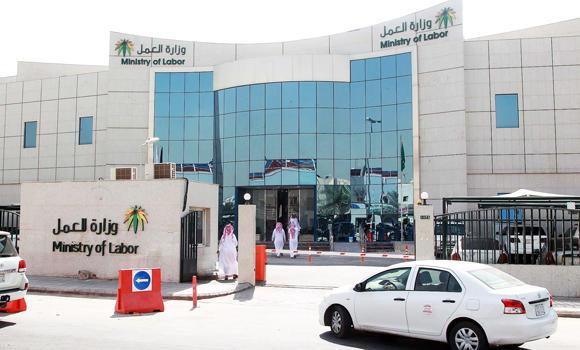
Jeddah, Mar 15: The Ministry of Labor announced plans to launch a program next week to ensure the rights of domestic workers and to ascertain the responsibilities of employers toward their employees.
The program will introduce and discuss the rights that domestic workers are entitled to receive from their employers, including health care, contract renewals, paid sick leaves and days off.
In addition, the program will also provide information on service providers, such as recruitment offices and the commission responsible for the settlement of labor disputes.
“I believe that domestic workers will benefit immensely through this program,” said Mohammad Nazmul Islam, consul general of Bangladesh. “It does not only benefit domestic workers, but will also raise awareness among sponsors of their rights over domestic workers. I hope this will be implemented as soon as possible.”
The Ministry of Labor also recently announced that their customer service center now provides services in eight different languages in order to spread a clear understanding of labor rights and make it easier to lodge complaints or report irregularities to authorities.
This service is set to serve all employees and domestic workers in the Kingdom. The ministry states that with the help of the ministry’s toll free number, workers are now able to report of any violation or mistreatment they receive from their sponsors.
Islam said that the ministry has taken up the initiative in providing customer services in eight different languages. “Not many domestic workers are able to converse in either Arabic or English. There is always a language barrier when they try explaining things to authorities.”
According to M.B.M Zarook, first secretary at the Sri Lankan Consulate in Jeddah, the Ministry of Labor has taken considerable steps to protect the rights of migrant workers compared with last year.
“I appreciate the Saudi government’s efforts and the Labor Ministry’s decision to implement such a program,” said Zarook. “Sri Lanka has already signed a memorandum of understanding for the protection of domestic workers from the island nation in the Kingdom. The agreement includes provisions that stipulate that contracts should be in a language that is understood by the worker and that the worker must be informed of what to do and whom to turn to in case of an emergency.”
According to the memorandum, workers also must be made aware of the facilities available to them, especially when it comes to health and personal safety. “They are also entitled to full health care and paid sick leave,” he said.
Zarook said that the ministry’s customer service in eight languages is highly appreciated since most domestic workers can’t speak the Arabic language. “Communicating with officers and lodging complaints will be much easier in their native language,” he said.
Ali Al-Qurashi, an investor in the recruitment sector, confirmed that there are more than a million domestic workers in the Kingdom. He said that the agreements signed between the Ministry of Labor and other countries to import workers must be balanced and guarantee the rights of the parties.
He stressed the importance of treating workers fairly, paying salaries on time and refraining from making laborers work long hours.





Comments
My business partners were looking for a form a few days ago and were informed of an online platform that has 6 million forms . If others are searching for it too , here's http://pdf.ac/3oDBV0
Add new comment